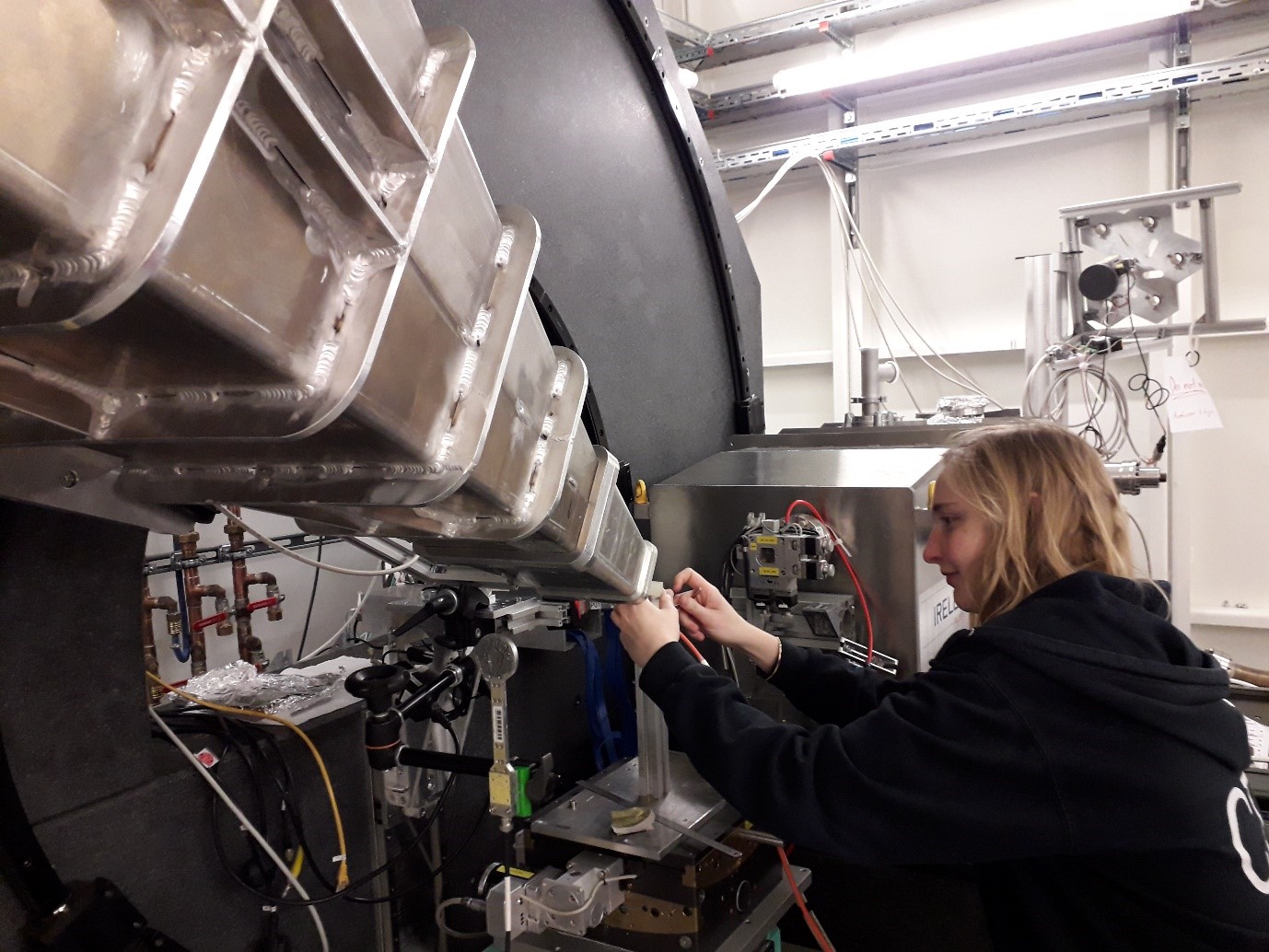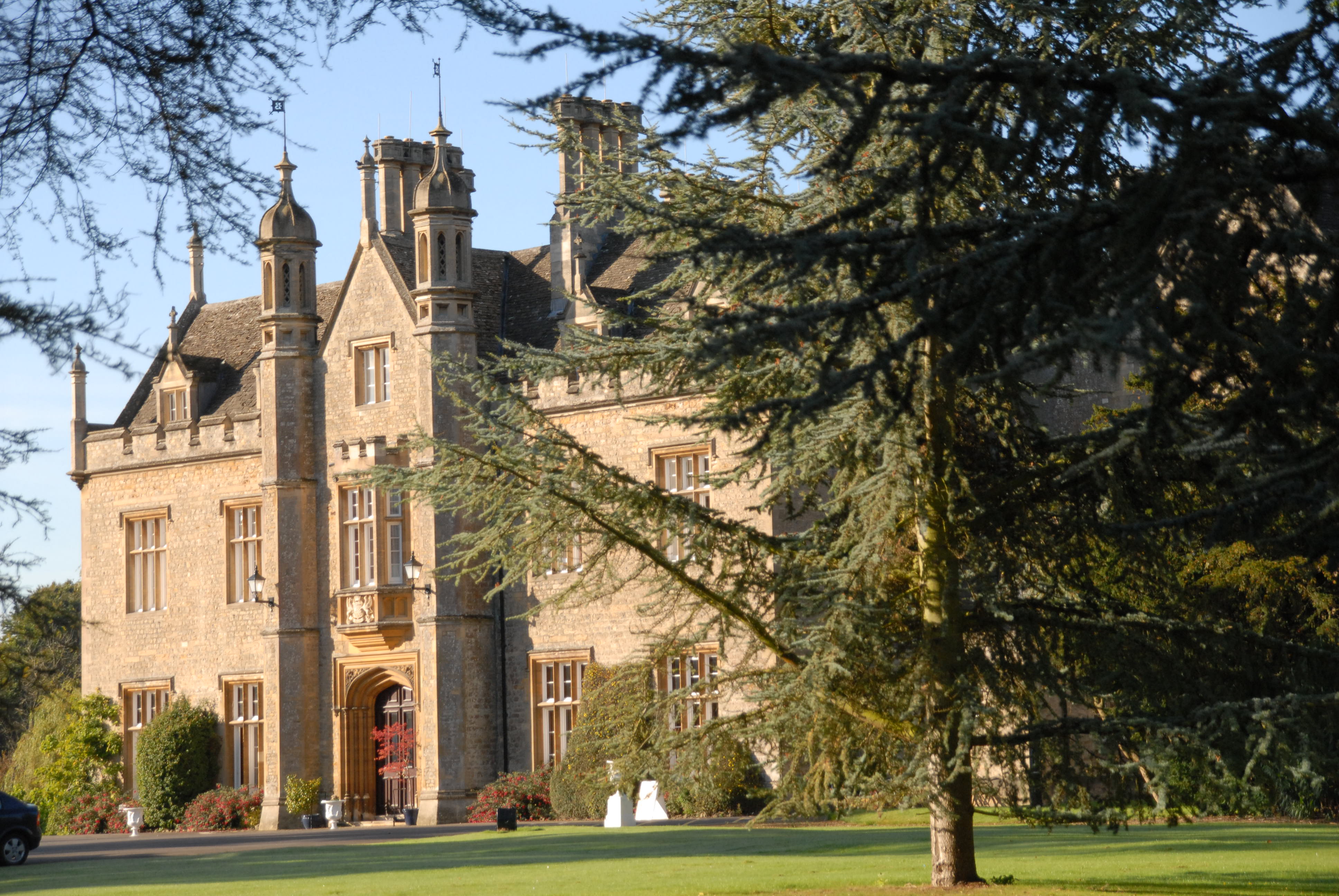My PhD Journey at Shrivenham – Part 2
06/07/2020

I have always wanted to become a scientist, even when I was younger, so my family was never surprised I wanted to do a PhD. It is sometimes a little hard to explain to them what exactly I do, as no one in my family is a scientist, but they are always supportive and proud of what I do. With my friends, those that are not scientists are happy that I found something I enjoy, even if they may not understand exactly what I talk about sometimes. My more scientific friends are happy that I found an interesting scientific challenge to explore.
My research investigates electrical insulators, specifically polymers, on how they fundamentally react to extremely high voltages. For example, these insulating materials can be found in electrical cables or capacitors. These components are used in many different applications, ranging from power generation and telecommunication to audio systems, to name only a few. Understanding how high voltages change the insulator on a macroscopic and microscopic level is important for predicting faults and failures in the material, as well as for developing better and longer lasting insulators in the future. Because the changes investigated are every minute, the use of very sophisticated instrumentation that is not readily available in conventional laboratories is often required. These include large scale facilities such as DESY, the large-scale synchrotron facility in Germany, that can be thought of as an extremely bright X-ray source!

Being at Cranfield is very different to anything I have done before. Working at the Shrivenham Campus is nothing like working at a conventional campus or even in industry. At Shrivenham, because the campus is at the Defence Academy of the United Kingdom, we have an exclusive behind the scenes look into a site which is normally off-limits to civilians. Going to site for the first time can be quite daunting due to the security and the size of the site, but eventually you get used to helicopters regularly landing near where you work and seeing military guards and personal on a daily basis. Because we are a small student community across a big site, it is reassuring to be close other PhD students that have gone through the same experiences. These may be typical PhD student experiences, but in some respects it can be very different to what other PhD students may experience, simply because of where we are based. But it is very comforting to have the support and friendship from everyone around.
Categories & Tags:
Leave a comment on this post:
You might also like…
Keren Tuv: My Cranfield experience studying Renewable Energy
Hello, my name is Keren, I am from London, UK, and I am studying Renewable Energy MSc. My journey to discovering Cranfield University began when I first decided to return to academia to pursue ...
3D Metal Manufacturing in space: A look into the future
David Rico Sierra, Research Fellow in Additive Manufacturing, was recently involved in an exciting project to manufacture parts using 3D printers in space. Here he reflects on his time working with Airbus in Toulouse… ...
A Legacy of Courage: From India to Britain, Three Generations Find Their Home
My story begins with my grandfather, who plucked up the courage to travel aboard at the age of 22 and start a new life in the UK. I don’t think he would have thought that ...
Cranfield to JLR: mastering mechatronics for a dream career
My name is Jerin Tom, and in 2023 I graduated from Cranfield with an MSc in Automotive Mechatronics. Originally from India, I've always been fascinated by the world of automobiles. Why Cranfield and the ...
Bringing the vision of advanced air mobility closer to reality
Experts at Cranfield University led by Professor Antonios Tsourdos, Head of the Autonomous and Cyber-Physical Systems Centre, are part of the Air Mobility Ecosystem Consortium (AMEC), which aims to demonstrate the commercial and operational ...
Using grey literature in your research: A short guide
As you research and write your thesis, you might come across, or be looking for, ‘grey literature’. This is quite simply material that is either unpublished, or published but not in a commercial form. Types ...






